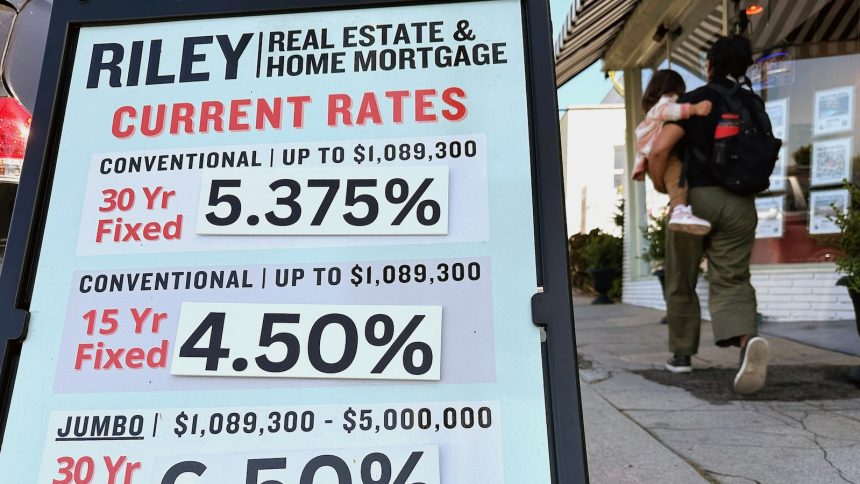Deep within federal regulations lies a small policy change that could have a significant impact on new homes’ energy efficiency standards. This adjustment has the potential to save homeowners thousands of dollars on energy bills and move the country closer to its climate goals. Eight Democratic Senators, including Chris Van Hollen, Bernie Sanders, and Elizabeth Warren, are urging regulators to act quickly to adopt modern energy standards for new homes. By setting minimum energy requirements for mortgage programs backed by Freddie Mac and Fannie Mae, the Federal Housing Finance Agency (FHFA) could establish a de facto national standard. Currently, the FHFA has no efficiency standard in place. Implementing guidelines would not only lower energy costs for homeowners and renters but also reduce emissions and protect families from extreme weather impacts. The International Energy Conservation Code (IECC) is a key benchmark for energy efficiency in homes and was last updated in 2021, resulting in a 40% improvement in energy efficiency compared to previous versions. Advocates argue that many new homes are not as energy-efficient as they could be, leading to higher utility bills that disproportionately affect low-income households. Despite the potential benefits, some opponents, like the National Association of Home Builders, are concerned about increased upfront costs associated with meeting the latest IECC standard. FHFA’s decision on adopting energy efficiency standards remains uncertain, but the potential impact on reducing carbon emissions and saving homeowners money is significant. The clock is ticking for FHFA Director Sandra Thompson to make a decision that could shape the future of energy-efficient housing in the U.S.






